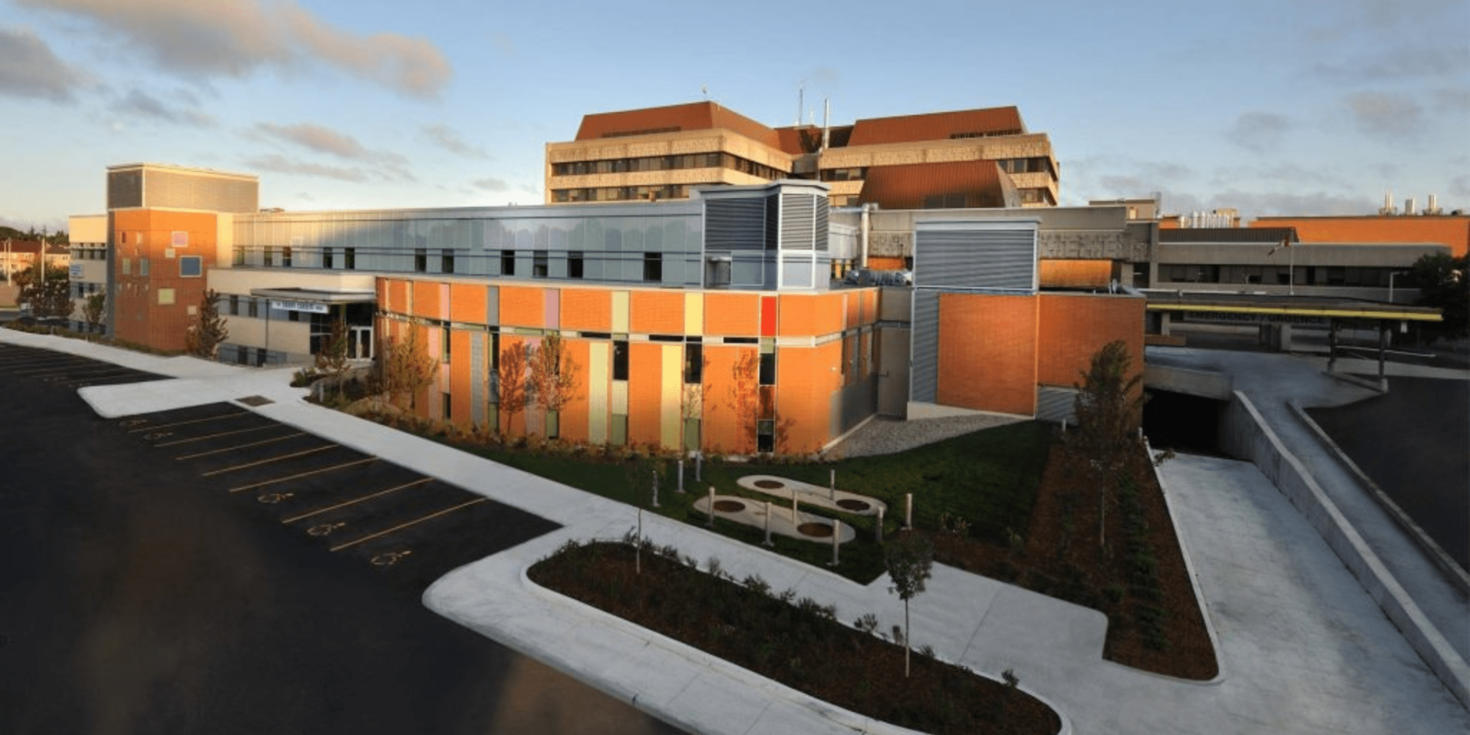In Ottawa, the three developmental pediatricians are members of the Department of Pediatrics and see patients at the Children’s Hospital of Eastern Ontario (CHEO) and at the Ottawa Children’s Treatment Centre (OCTC). The OCTC is one of a network of Ontario children’s rehabilitation centres where children with developmental difficulties can be assessed and receive treatment in a multi-disciplinary setting.
The developmental pediatricians are involved in direct clinical work, education and research. Our goal is to provide comprehensive assessments and treatments at our own centre, while working with colleagues across the country to establish clinical and educational best practices in the field of developmental pediatrics.
Medical students, neonatal fellows and residents training in pediatrics, genetics and psychiatry spend time with our group. While training with us, they are exposed not just to our own clinical work and teaching, but also to that of psychologists, social workers, therapists, physiatrists and educators also working in the treatment centre.
Our scholarly interests relate to medical ethics, the use of psychotropic medication in children with autism and developmental delay, genetic testing in developmental pediatric practice, feeding in children with disabilities and medical education.
